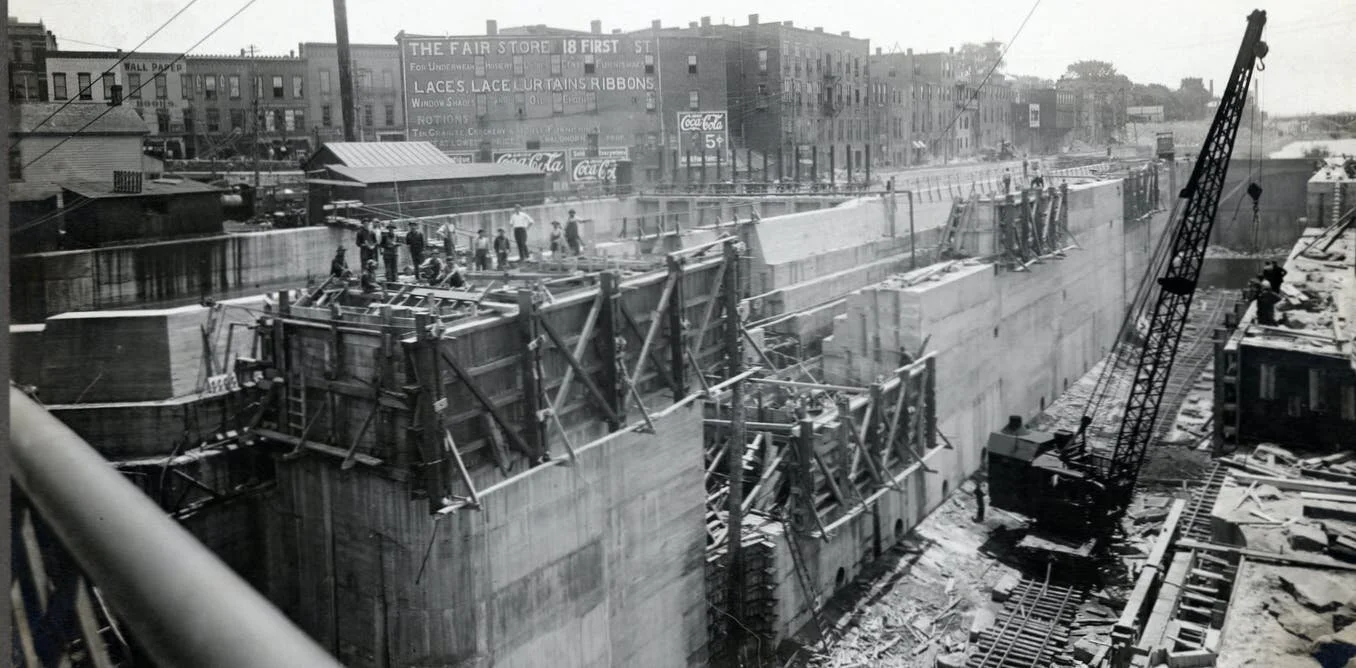The past proves that people tend to disregard the long-term costs of the plans they make, particularly if they reap the benefits and others pay the costs. We must become more sophisticated than this.
Read MoreThe $20 billion that was supposed to be dedicated to the Reconnecting Communities Act has been cut down to $1 billion. Naturally, people are disappointed.
Read MoreThe Oregon Department of Transportation has been authorized to issue revenue bonds to finance potentially billions of dollars of highway widening projects.
Read MoreThe Senate has agreed to discuss an infrastructure bill…but what does it matter when real reform isn't going to come from multitrillion-dollar infrastructure proposals?
Read MoreWe should not be cheering on simulacrums of reform when the majority of spending is going to programs that are making us weaker as a country, as cities, and as neighborhoods.
Read MoreThe recent failure of a Memphis bridge is costing millions every day. And there are 45,000 others like it in the U.S. that could suffer the same fate.
Read MoreThe federal government has proposed $20 billion to be allocated toward targeted freeway removal, but will that be enough to fix America’s cities?
Read MoreA bill in Congress is pushing for a National Infrastructure Bank, which would mean (in theory) bold federal action to address America's infrastructure crisis. It's a big idea. It's also a really bad one.
Read MoreThe Republican Roadmap isn't a real alternative to the American Jobs Plan, and even if it was, we must stop talking about our national infrastructure strategy in terms of “Democratic versus Republican” approaches.
Read MoreCollier County is poised to spend over $200 million extending utilities to a whole new, previously rural, portion of the county. Let's #DoTheMath on this plan.
Read MoreSignificant effort should be dedicated to creating more accessible built environments—because doing so benefits people of all abilities.
Read MoreThe federal government pays the upfront costs for infrastructure, but the responsibility for its maintenance is yours. Forever.
Read MoreThe top-down approach puts systems ahead of people and politics ahead of place—which is not what we need if we want to actually fix our infrastructure.
Read MoreThe Plan pretends to dig us out of the infrastructure hole we've dug ourselves into. In reality, it's making the hole bigger.
Read MoreThere is nothing in the plan that is going to substantively change the trajectory of the North American development pattern.
Read MoreInstead of bringing the parties together, Biden’s $2 trillion infrastructure plan has stirred up controversy. Is this the end of the Infrastructure Cult?
Read MoreMany Rhode Island cities have “good bones” — the infrastructure, walkable neighborhoods, and sturdy buildings that could build resilience and prosperity. So why are so many cities in The Ocean State squandering that inheritance now?
Read MoreTwo congressmen—one Democrat, one Republican, both longtime Strong Towns readers—talk about federal infrastructure spending and Congress’s role in making towns and cities stronger and more financially resilient.
Read MoreWhat role should federal infrastructure spending play in the economic recovery — and how can we make sure that spending addresses the real needs of people?
Read MoreWinnipeg says how much infrastructure it can afford is based on “personal preference.” But doing the math tells a different — and alarming — story.
Read More



















